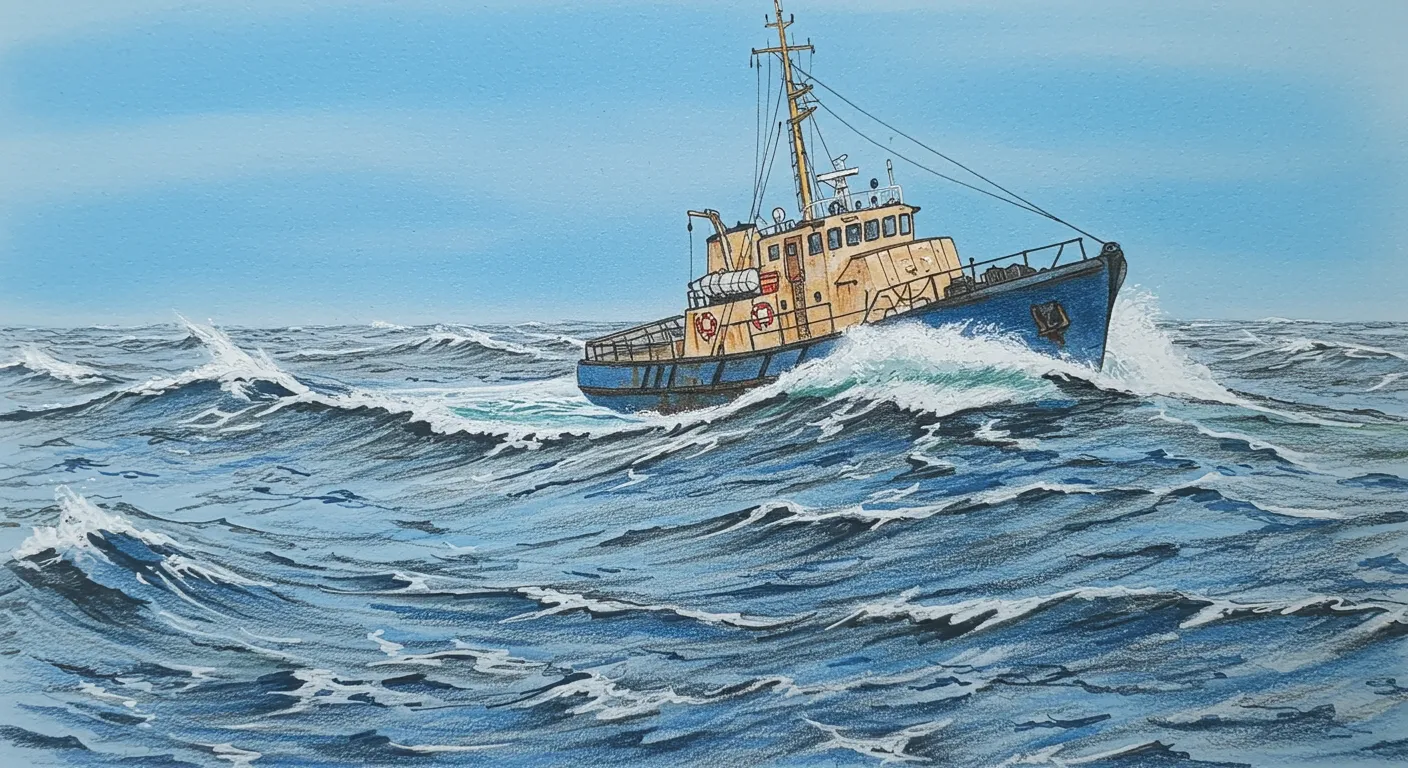The maritime world is witnessing a technological breakthrough that could dramatically reduce whale-ship collisions, but online commentators are already parsing the nuances of this innovative approach.
At the heart of the system is an AI-powered detection mechanism designed to alert ship captains about nearby whale populations. The technology aims to provide zero false alerts, ensuring that every warning genuinely requires attention—a critical feature that prevents alert fatigue among maritime professionals.
However, the discussion isn't simply about technological capability. Online commentators have raised fascinating questions about the system's practical implementation. Some skeptics point out the complex challenges of marine detection, noting the difficulties of identifying whales amid waves, sunlight reflections, and maritime movement.
Acoustic detection emerges as a promising complementary technology. Hydrophone arrays could potentially identify whale vocalizations from several kilometers away, even in poor visibility—suggesting that visual AI might just be one piece of a more comprehensive marine safety puzzle.
The broader conversation reveals deeper ethical considerations about human-marine interactions. While the technology represents a significant step toward whale conservation, it also highlights our ongoing challenge of coexisting with intelligent marine species in their increasingly crowded habitats.


